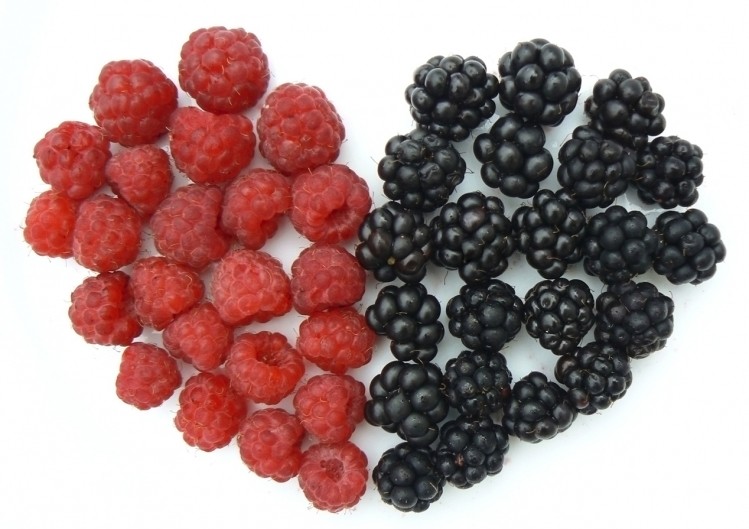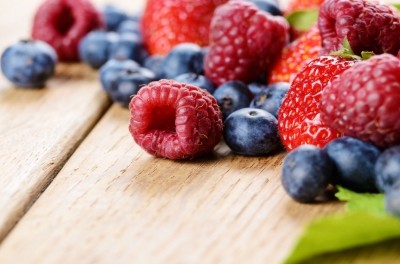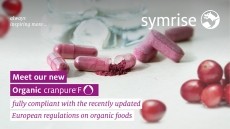Increased polyphenol intakes linked to better heart health: Harvard study

Scientists from the University of East Anglia (UK) and Harvard T.H. Chan School of Public Health (US) report that the highest average intakes of anthocyanins were associated with a 14% lower risk of heart attack, while the highest average intakes of flavanones were associated with a 22% lower risk of ischemic stroke.
“These compounds are commonly consumed through fruit intake because they are present in either red or blue fruits (anthocyanins) or citrus fruits (flavanones) and therefore readily incorporated into the habitual diet,” they wrote in the American Journal of Clinical Nutrition.
Commenting on the potential mechanism of action, the authors wrote that the potential heart health benefits of the polyphenols are reported to improve blood flow and inhibit platelet function.
“These mechanisms may underline the observed beneficial effect on ischemic stroke but no observed effect in relation to hemorrhagic stroke, which is more likely related to mechanisms that interfere with platelet function and clotting,” they wrote.
Study details
The new study analysed data from 43,880 healthy men participating in the Health Professionals Follow-Up Study. Over 24 years of follow-up, the researchers documented 4,046 heart attacks and 1,572 strokes.
The data indicated that, while no link was observed between anthocyanin intake and stroke, total or fatal heart attack risk, an association between anthocyanin intake and non-fatal heart attack was observed, and the risk reduction was stronger in men with normal blood pressure.
For flavanones, intakes were not associated with heart attack risk or total stroke risk, but higher intakes were linked to a significantly lower risk of ischemic stroke.
“Our findings suggest that bioactive compounds present in both citrus and red- or blue-colored fruits commonly consumed in the habitual diet may be associated with a lower risk of CVD in men,” wrote the researchers. “Further prospective studies are needed to confirm these associations, including studies with biomarkers of CVD risk to elucidate mechanisms.
“Randomized trials focusing on commonly consumed anthocyanin- and flavanone-rich foods are also needed to examine dose-response effects, as are trials of longer duration to assess clinically relevant endpoints.”
Source: American Journal of Clinical Nutrition
Published online ahead of print, doi:10.3945/ajcn.116.133132
“Habitual intake of anthocyanins and flavanones and risk of cardiovascular disease in men”
Authors: A. Cassidy, et al.

!['[I]t is high time for nutritionists and food scientists to join forces and say no to statins,' says lipids researcher. ©iStock/BrianAJackson](/var/wrbm_gb_food_pharma/storage/images/_aliases/wrbm_medium/5/1/0/0/1240015-1-eng-GB/Unhealthy-obsession-with-total-cholesterol-reduction-is-thwarting-CVD-prevention.jpg)












